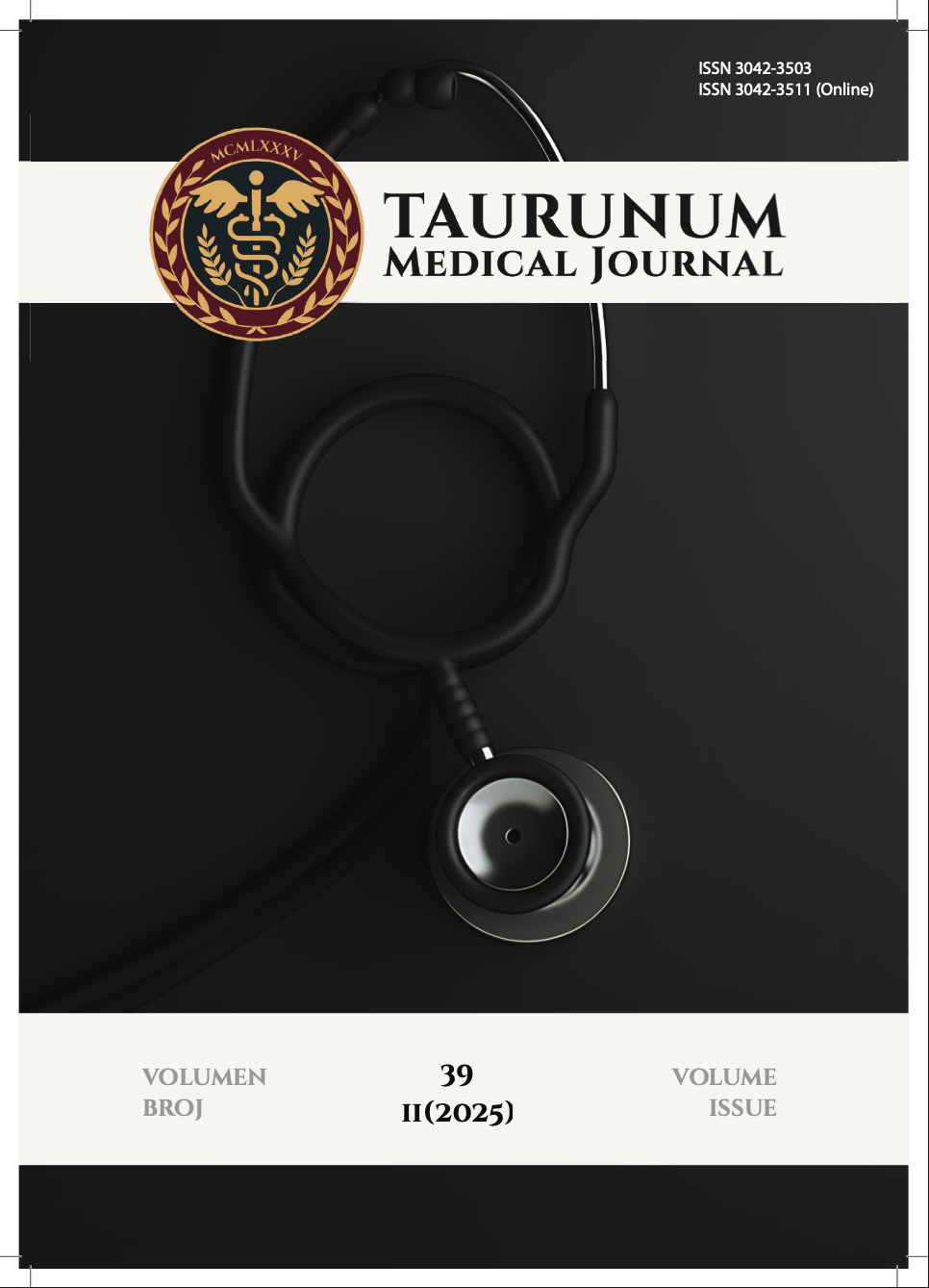
More articles from Volume 33, Issue 3, 2017
Massive Benign Lingual Tonsil Hyperplasia and Tracheostomy
Do women know what is postpartum depression?
Influence and importance of diabetes: the five-year outcomes in patients who underwent percutaneous coronary intervention
The significance of 4D CT simulation inprecise definition of target volumen lung carcinoma intensity modulated radiation therapy treatment
Myocardial infarction at the patient with parathyroid adenoma
Article views
Citations

0
Do women know what is postpartum depression?
Published: 01.12.2016.
Biochemistry
Volume 33, Issue 3 (2017)
pp. 1475-1479;
Abstract
Investing in the health of mother and child during pregnancy and postpartum reduces inequality of achieving health care. Maternal and child health indicates health of the population, society as a whole and the effectiveness of health care. Since people in our area knows little and doesn’t talk about the postpartum depression, we tried to identify information how many maternal knows about the postpartum depression, mood disorder, which basis is not only biological, but also the psycho-social nature. Furthermore, we examined the relationship between being informed about postpartum depression and sociodemographic characteristicss and the level of the self-esteem.Instruments used in the study were a questionnaire on sociodemographic characteristics and Rosenberg’s self-esteem scale.The results of our study show that 68% of women don’t know what is postpartum depression, and that the knowledge of postpartum depression is associated with women’s education and employment. Correlation of being informed about postpartum depression and selfesteem is not determined.On the basis of these results, we believe that it is necessary that the institutions, experts from different areas and the future mothers learn more about postpartum depression, symptoms, treatment, causes and possible risks because the concern about the health of mothers and babies has to be primary concern of healthy society.
Keywords
References
Citation
Copyright
This is an open access article distributed under the Creative Commons Attribution License which permits unrestricted use, distribution, and reproduction in any medium, provided the original work is properly cited.
Article metrics
The statements, opinions and data contained in the journal are solely those of the individual authors and contributors and not of the publisher and the editor(s). We stay neutral with regard to jurisdictional claims in published maps and institutional affiliations.




